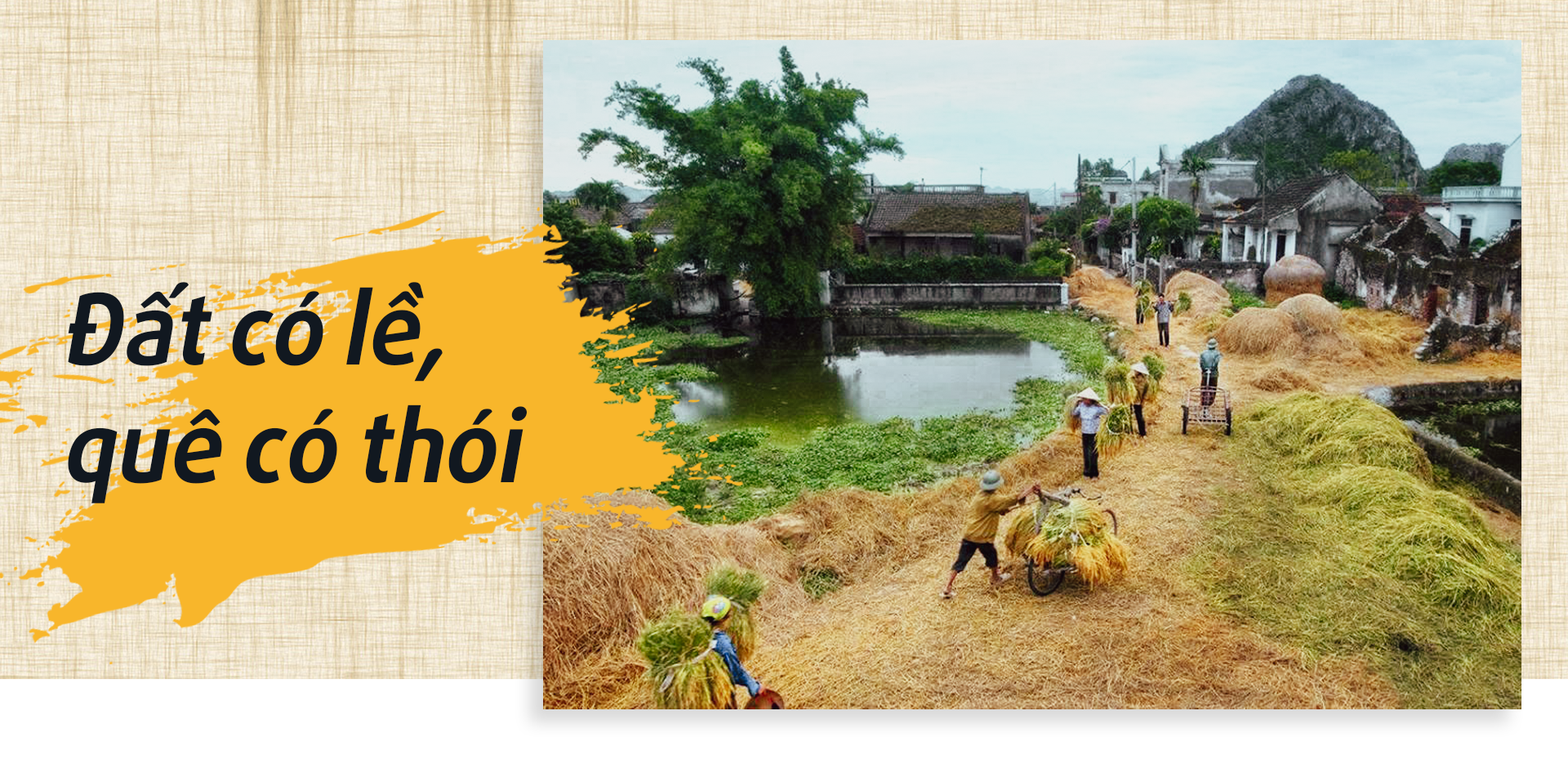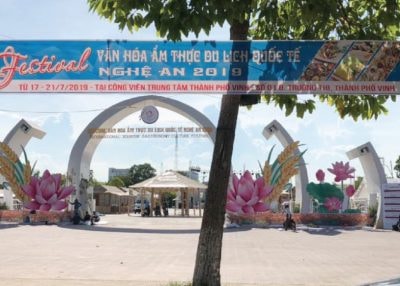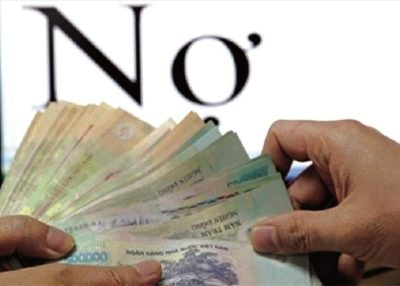
Whenever we go to a new place and want to quickly get acquainted and integrate, we often have to learn about the customs, habits, and lifestyle of that place. The idiom “the land has its rules, the homeland has its customs” wants to remind us of that. For example: “When you become a daughter-in-law, don’t keep the same habits as your hometown. The land has its rules, the homeland has its customs, that parish still has many traditional laws” (Vietnamese Family).
In Vietnamese, “Lễ” means the habits, rules, and practices of a locality or community. We often hear about “rulings”, “laws”, and “rules”… Here, “Lễ” is close in sound and to some extent close to the word “lê”, such as “lược thường”, “thược tập”, “lược luật”… (The king’s law is inferior to the village’s law: In the village, customs and practices are above all state rules). “Hật” means habits, customs, and manners. We often hear the phrase “bad habits” referring to someone’s backward and bad habits that should be eliminated.
Legend has it that long ago, Trang Trinh Nguyen Binh Khiem (1491-1585) was from Trung Am, Vinh Lai district, Kien An province (now Trung Am village, Ly Hoc commune, Vinh Bao district, Hai Phong). He was a talented and learned man. Once, a good student of his, Phung Khac Khoan, came to visit and forgot to wear his hat inside the house. Nguyen Binh Khiem sternly scolded him: “You must take off your clogs and hat outside. When entering the house, especially the shrine, you must be respectful. This is the custom of the land. Wherever you go, you must learn from it, my child.”
The idiom "land has rules, hometown has customs" is also similar in meaning to another Sino-Vietnamese idiom "when in Rome, do as the Romans do" (when entering a family, one must follow their habits and lifestyle).
My dear, my homeland is like this
When in Rome, do as the Romans do. Don't forget!
Article: Associate Professor, Dr. Pham Van Tinh
Illustration: Document









